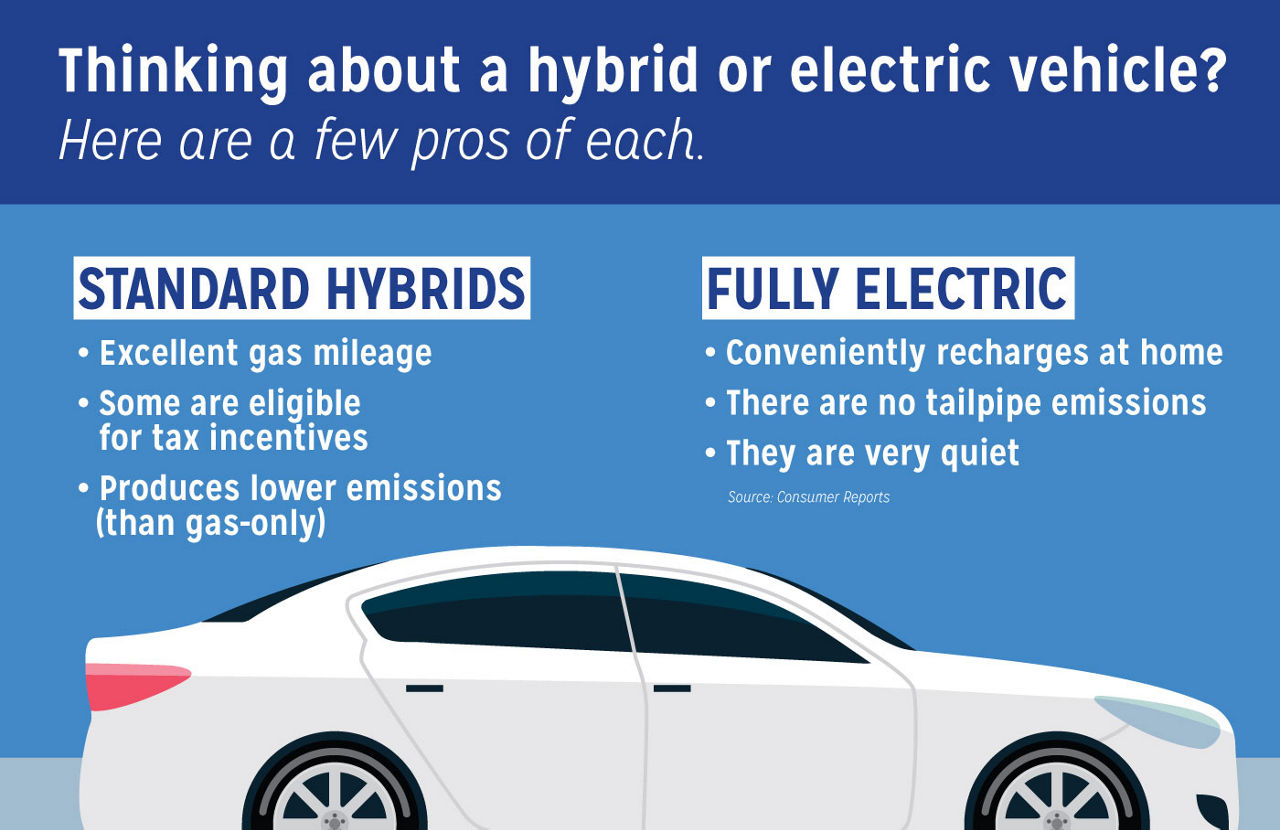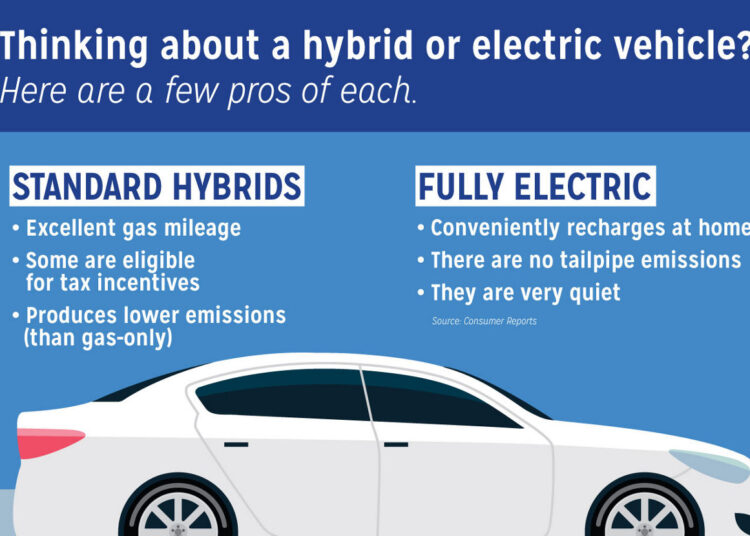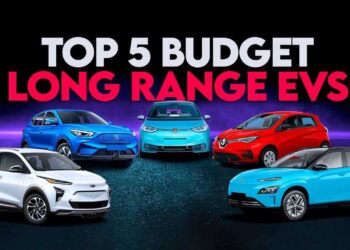
courtesy for .acg.aaa.com
In 2025, car buyers are facing a tough but exciting choice: should you go fully electric or choose a hybrid? With both technologies offering benefits — and government incentives available for each — the decision comes down to your lifestyle, driving habits, and long-term goals. Here’s a detailed comparison to help you make the smartest choice.
1. Running Costs
Electric vehicles (EVs) are typically cheaper to run, with electricity costing significantly less than petrol or diesel. Charging at home or using public EV stations in Europe can save you hundreds per year.
Hybrid vehicles (HEVs), while more efficient than traditional cars, still require fuel and don’t eliminate gas station visits.
Verdict: EVs win for lower daily costs.
2. Initial Price
Hybrid cars are often cheaper than fully electric ones, especially entry-level models. However, many EVs qualify for government grants or tax benefits that can offset the higher sticker price.
Verdict: Tie — depends on available incentives in your country.
3. Maintenance and Repairs
EVs have fewer moving parts, meaning fewer breakdowns and lower maintenance costs over time. No oil changes, no exhaust systems, and fewer wear items.
Hybrids still have combustion engines and require regular servicing like traditional cars.
Verdict: EVs have the edge on long-term reliability.
4. Range and Refueling Convenience
Hybrids offer greater range with quick refueling, which is ideal for long trips or areas with limited charging infrastructure.
EVs now offer 300–500 km per charge, but fast-charging stations are still expanding — especially outside urban areas.
Verdict: Hybrids are better for rural or long-distance drivers.
5. Environmental Impact
EVs produce zero tailpipe emissions, making them the best choice for urban air quality and reducing carbon footprint.
Hybrids still burn fuel, although they emit less CO₂ than conventional cars.
Verdict: EVs are the greener choice.
6. Driving Experience
EVs are incredibly quiet, smooth, and offer instant torque for faster acceleration.
Hybrids feel more traditional, and gear shifts can be noticeable during transitions between electric and petrol power.
Verdict: EVs provide a more modern and enjoyable drive.
Conclusion
If you’re mainly driving in cities, have access to charging, and want the lowest running cost — go electric.
If you need longer range, live in rural areas, or aren’t ready to fully switch — a hybrid is a smart transition choice.
Ultimately, both options are better for the environment and your wallet than traditional cars. Your final decision should match your daily driving needs, charging accessibility, and long-term goals.





